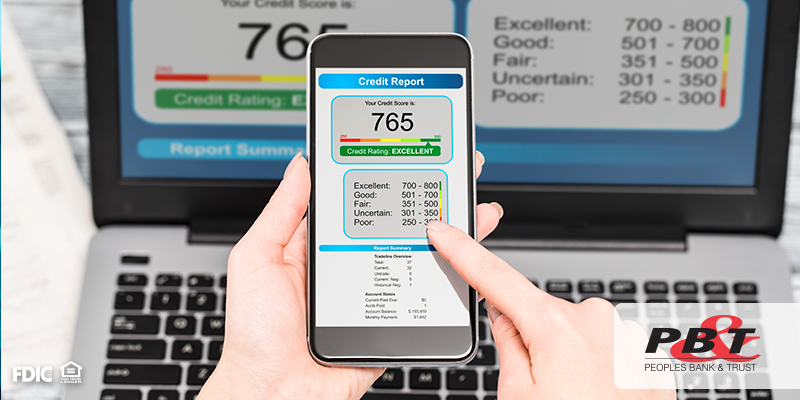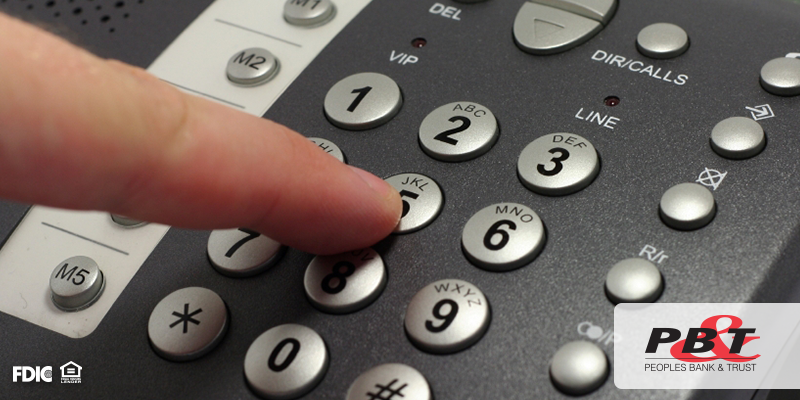Does being a reader make you more of a leader? Well that might be the case in life and the financial world. When infamous Warren Buffett was asked about his success he pointed to a stack of books and said, “Read 500 pages like this every day. That’s how knowledge works. It builds up, like compound interest. All of you can do it, but I guarantee not many of you will do it.” Most likely if you’re reading this article, you already see some value in the declaration and are here for affirmation. However, for those of you who still aren’t convinced and maybe even guffawed at the notion of fitting in that much reading into an already hectic schedule, let Peoples Bank & Trust give you some insight to consider.
It’s a Low-Cost Investment
Instead of taking an expensive flight to a costly conference, you might consider swinging by your nearest bookstore. Because there is no limit to where knowledge can take you, investing in books is a low investment, with an infinite ROI. You can learn from the best in your business field, or pick up a novel. The jury is still out on whether memory or comprehension is better with print vs. digital, so get what works best for your lifestyle. Owning the book is preferred if you want to become more engaged by writing in the margins, but stopping at your local library is another great option!
Makes You More Employable
You can make a great difference in your success by expanding your education. Generally, knowledge cannot be lost. What you learn from reading a few books will set you apart, in that you already know something that has taken others years to learn from experience. Unfortunately, only 42% of adults will read a book after they graduate from college-just think about how much of an advantage that can give you! You will be a great resource for your team and have greater ability to think on your feet because of the reading “vitamins” you consume. This makes you desirable to potential employers and encourages a higher salary because of the value you bring to the workplace.
Boosts Brain Power
You’ve heard it said, knowledge is power. Are you unhappy about your financial situation? Pick up the Wall Street Journal or the financial matters section in newspapers. You are sure to gain a wealth of information to help you out of your current situation. Some studies show reading will help strengthen your analytical skills, increase your vocabulary and help you to prioritize goals. Your knowledge of the world will be stronger, and you may just notice your financial skills sharpening as your mind is being refined. This is especially true when you read chapter books, as it encourages deep reading and assessment.
The majority of what you read will not only make you a more rounded individual, it will help you to make more sound, financial decisions. You will be a greater financial asset to your company, and yourself. So grab a book, a hot cup of coffee and settle into your next lesson!
Peoples Bank & Trust Co.
Member FDIC
Equal Housing Lender







